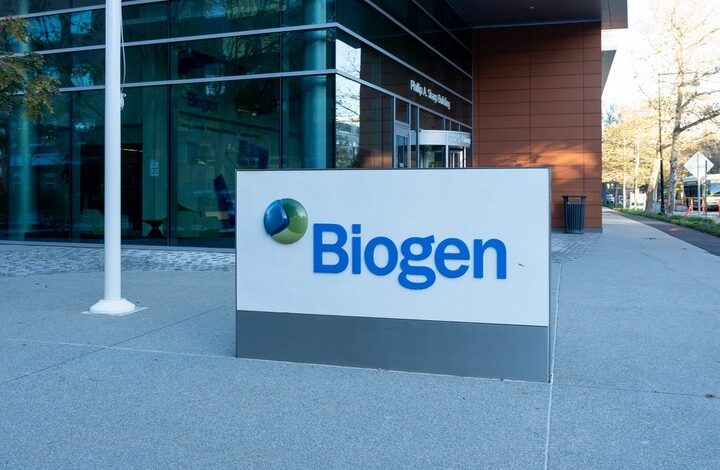Novo Nordisk’s Weight-Loss Drug May Enhance Biogen’s Alzheimer’s Therapy

Biogen Inc.’s CEO, Chris Viehbacher, has indicated that a successful trial of Novo Nordisk A/S’s weight-loss drug could create opportunities for combined therapies in Alzheimer’s treatment, rather than posing a direct threat to Biogen’s current approaches. In an interview with Bloomberg News, Viehbacher compared the future landscape of Alzheimer’s treatment to other complex diseases that often require multiple medications with different mechanisms of action.
Biogen is currently focused on its Alzheimer’s therapy, Leqembi, and Viehbacher suggested that if Novo Nordisk’s clinical trials yield positive results, there may be potential for testing Leqembi alongside Novo’s semaglutide. Despite this optimism, he noted that Alzheimer’s studies can span several years, complicating the timeline for any new research initiatives.
Current Trials and Future Implications
Novo Nordisk is conducting clinical trials to evaluate the effectiveness of semaglutide, the active ingredient in its diabetes medication Ozempic and the weight-loss injection Wegovy, in patients with early Alzheimer’s symptoms. Preliminary research indicates that semaglutide may have the ability to slow the progression of Alzheimer’s by reducing inflammation and enhancing vascular health. The company expects to announce results from its late-stage study later this year.
Viehbacher acknowledged the connection between excess weight and an increased risk of Alzheimer’s. Despite this, he referred to Novo’s clinical trial strategy as “a fairly risky proposition,” citing skepticism from some experts regarding the likelihood of success.
Recent studies have shown that semaglutide used in Wegovy not only aids in weight loss but also alleviates symptoms related to heart failure in individuals with obesity-related heart failure with preserved ejection fraction (HFpEF).
In March 2024, Wegovy received expanded approval from the Food and Drug Administration (FDA), marking a significant milestone in preventive health strategies. This approval aims to substantially reduce the incidence of major adverse cardiovascular events (MACE), including cardiovascular death, nonfatal heart attacks, and nonfatal strokes.
Competitive Landscape in Weight-Loss Drugs
In December 2024, Eli Lilly and Co. gained FDA approval for its weight-loss drug Zepbound, which targets sleep apnea. This growing competition in the weight-loss medication market highlights the increasing interest in products that not only assist with weight management but also address related health conditions.
As the fields of Alzheimer’s treatment and weight management continue to evolve, the potential for innovative combinations of therapies may provide new hope for patients. The results of ongoing research will be closely watched, as they could redefine treatment approaches for complex conditions like Alzheimer’s.
The developments from both Novo Nordisk and Biogen could pave the way for a new era in healthcare, where integrated treatment plans become the norm, ultimately enhancing patient outcomes.






